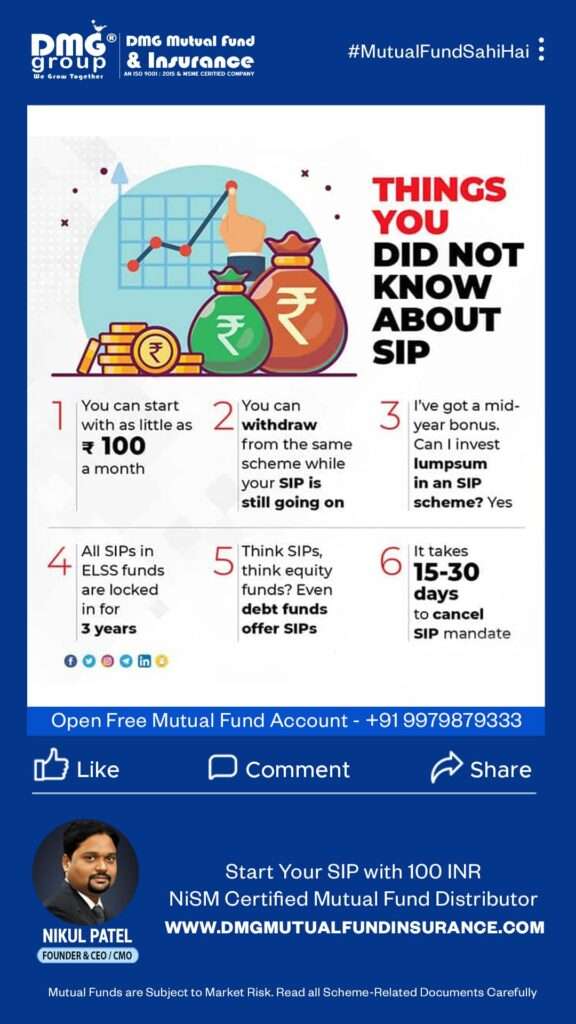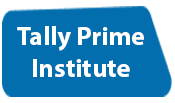

Your Previous Success May Have Pleased Your Future Employer, But They Also Want To Know That You Are Willing To Attempt New Things. Make It Clear That You Are Open To New Ideas And Eager To Attempt Fresh Techniques And Solutions.
Preparation

When You Are Properly Prepared For An Interview, It Provides The Interviewer A Preview Of Your Preparation For Work If You Are Hired. Have Any Necessary Collateral Papers On Hand, Such As Copies Of Your Résumé, Reference Letters, And, If Applicable, A Portfolio Of Work Samples. Keep A Pen, Paper, Or Journal Nearby, And
Make sure Your Phone Is Turned Off.
Leadership
Give Instances Of Situations When You Took Charge And Led Well. Share Your Experiences With Your Interviewer If You Volunteered For Tasks, Assumed Leadership In A Group Context, Or Headed A Project.
Confidence

Have Faith In Yourself And Act Appropriately. Tell Your Interviewer That You Appreciate Your Worth And Are Thrilled To Be Able To Share Your Knowledge And Learn From Others.
Passion
Interviewers Are Looking For Persons Who Are Enthusiastic About Their Jobs. Share Your Passion For Your Abilities And Talents, As Well As Your Professional Goals And Aspirations.
Successful Examples
Hearing About Your Prior Triumphs Helps Interviewers Determine If You Have The Potential For Future Success. Be Prepared To Discuss Your Prior Accomplishments, Whether They Were In Personal Endeavors, Former Employment Positions, Or As A Student Or Trainee. Be Aware Of Your Successes At Work Or In Your Personal Life, And Mention Them If Appropriate.
Thoughtfulness
Your Critical-Thinking Abilities May Be Demonstrated To The Hiring Manager By How Intelligent You Are While Asking And Responding To Questions During The Interview. Ask The Hiring Manager To Explain If You Need More Details To Respond To A Question So You Can Provide A Complete Response. To Offer Them A Deeper Understanding Of Your Thoughts, You May Also Describe Your Thought Process As You Go Through A Solution.
Self-Direction
Share Your Opinions With The Interviewer On Where You Are In Terms Of Your Career. Discuss Your Professional Goals And Where You’ve Been, Where You Are Now, And Where You Hope To Go In The Future. This Aids The Interviewer In Figuring Out How You May Advance Inside The Organization.

Expectations
Tell The Interviewer About Your Expectations So They Can Be Matched With The Business. Discuss The Position You’ve Applied For And The Expectations You Have Of The Business.
Self-Awareness
Prepare Yourself To Discuss Your Work While Emphasizing Your Successes And Areas For Improvement. Make It Clear To The Interviewer That You Want To Be Involved In Your Career.
Motivation
Tell The Interviewer That You Are Eager To Join The Organization And That You Are Committed To Tackling The Challenges Of The Position. Interviewers Want To Know Why You Think This Position Is Important, What Drives You To Work For This Organization, And How Motivated You Are On Your Own.
Willingness
Your Job Interview Is A Good Opportunity To Demonstrate Your Ability To Work Well With Others And As An Employee. “How Can I Help?” Potential Workers Kindly Inquire. Interviewers Respond Favorably. Being Willing To Help Others Is A Useful Quality You May Emphasize. Your Willingness To Work Hard Can Make The Difference Between Getting The Job Or Not.
Awareness Of The Business.
The Applicant Who Has A Superior Grasp Of The Organization Will Probably Be Hired If There Are Two Equally Competent Candidates For A Position. Investigate The Following Firm Characteristics As You Get Ready For Your Interview:
History
Business Plan
Mission
Values
Goals
Knowledge Of The Job
A Potential Employer Will Want To Know That You Have A Fundamental Comprehension Of The Position For Which You Are Seeking. Look For Overarching Themes In The Job Description That Go Beyond The Duties Performed On A Daily Basis. For Instance, Make Sure To Understand What Can Happen If A Job Description Specifies That The Applicant “Must Be Willing To Work With” Other Departments. Even If You Are Looking For A Position You Have Held In The Past With A Different Organization, Investigate That Position And Learn What It Entails In Other Corporate Environments.
Knowing Your Potential For The Position
Consider Your Interview As A Collaborative Process Rather Than An Audition. Use The Interview As An Opportunity To Help You See Yourself In The Position While Also Assisting The Interviewer In Seeing You In It. Prepare A Few Topics Of Conversation You May Bring Up In The Interview To Demonstrate How Your Unique Skill Set And Personality Can Help The Managers, Divisions, And Businesses.

















